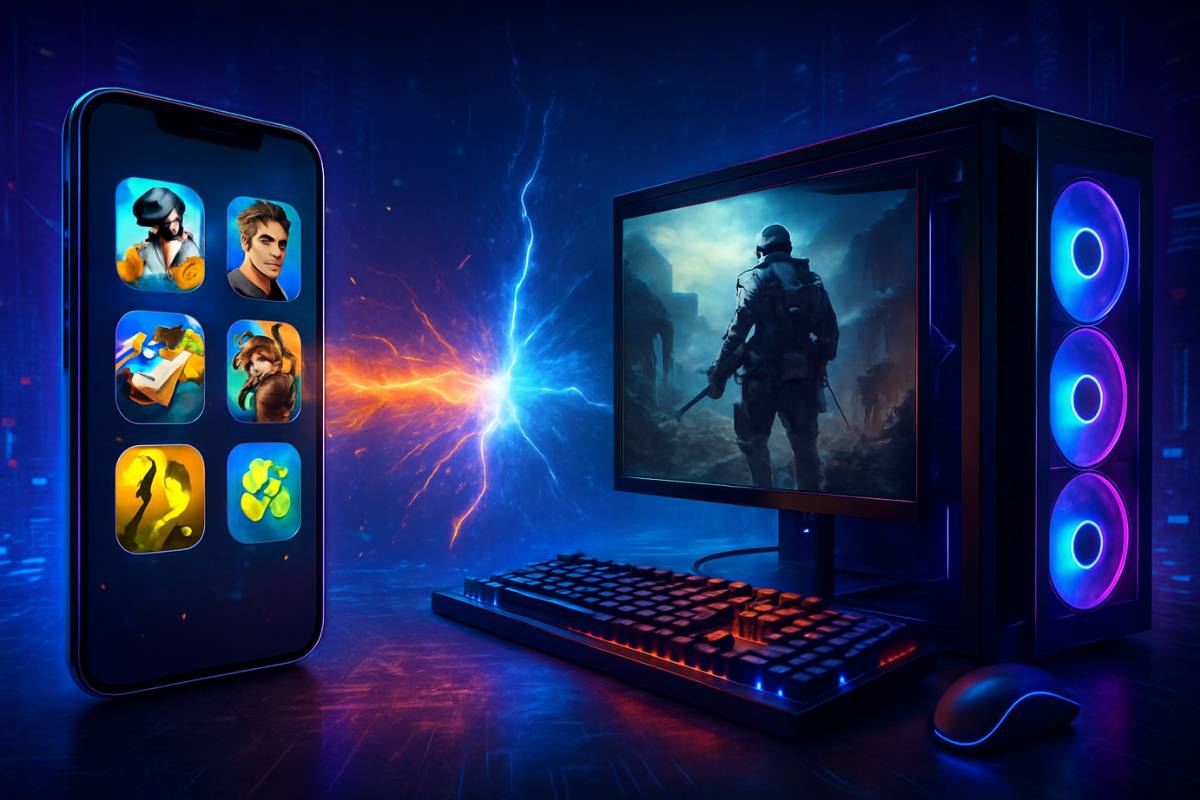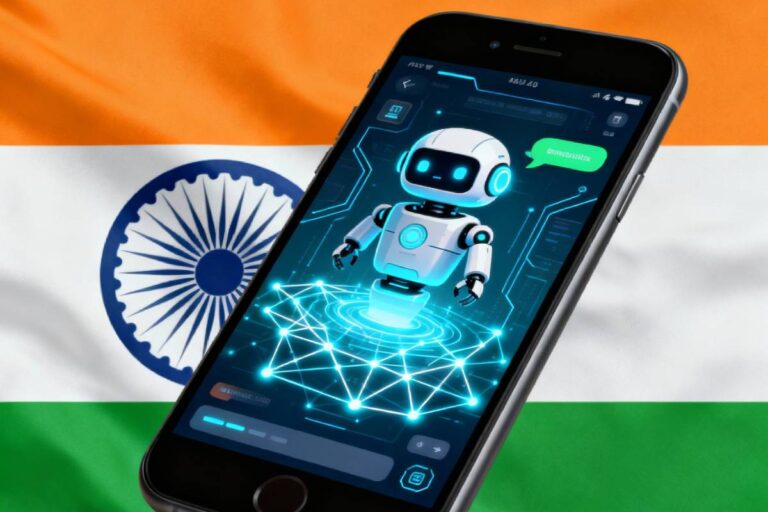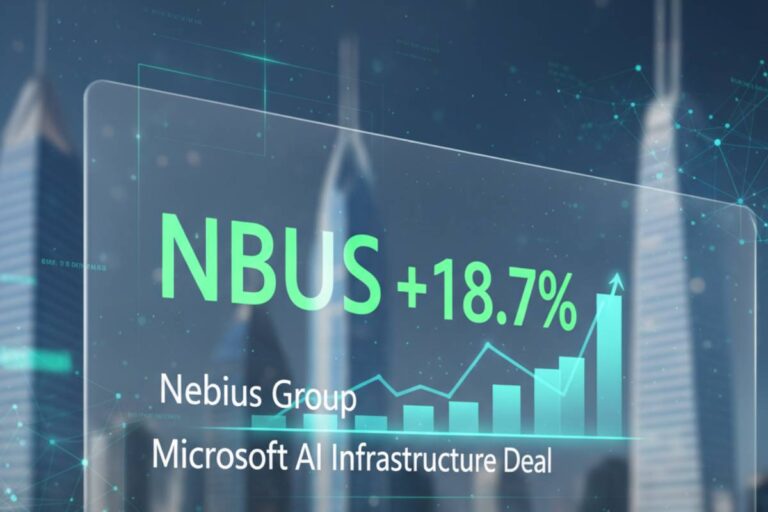An epic showdown is taking place in the gaming world. PC gaming, with its devoted fans, and mobile gaming, with its enormous reach, are two titans vying for supremacy. However, this is more like observing two distinct ecosystems develop side by side than a true conflict.
The throne has already been taken by mobile gaming. In reality, it occurred years ago, but most of us were unaware of it.
The Data Shows That Mobile Is the Market Leader
This will blow your mind: mobile games earned $92 billion, or an incredible 49% market share, of the $187.7 billion made by all gaming in 2024. Folks, that’s almost half of all gaming revenue.
Playing games on a PC? It generated roughly $43 billion and maintained its position with 23% of the market. With $51 billion, console games came in at 28%.
But hold on, there’s more. The market for mobile games is booming. It is expected to reach $126.06 billion by 2025, and some projections place it at an astounding $196.40 billion by 2032. That amounts to a 7.9% compound annual growth rate (CAGR).
Additionally, PC gaming isn’t exactly slouching. At a compound annual growth rate (CAGR) of 8.47%, the global PC gaming market is projected to reach $152.16 billion by 2032 from $86.12 billion in 2025.
The Revolution of the Player Base
Let’s discuss who is really participating in these games. An estimated 2.67 billion players worldwide are drawn to mobile gaming. That means that over one-third of everyone on the planet has a gaming device in their pocket.
In contrast, there are roughly 1.8 to 1.86 billion players worldwide in PC gaming. Even so, mobile is unquestionably superior in terms of numbers.
The way this occurred is fascinating. Not only did mobile gaming increase in popularity, it also completely democratized gaming. You don’t require a $500 console or a $2,000 gaming setup. All you need is that smartphone you’re most likely holding at the moment.
The Transition: When Everyone Became Mobile
This timeline provides the entire story: Revenue from mobile games first surpassed that of console games in 2015. Then, in 2018, mobile gaming revenue overtook that of console and PC games combined. We realized then that the game had literally changed.
The key ingredient? The freemium business model. Mobile games solved a problem that PC games had: how to monetize free players. Cosmetic updates, in-app purchases, and microtransactions all produced what experts refer to as “sustained monetization opportunities.”
Regional Superpowers: Asia Takes the Lead
Both markets are dominated by the Asia-Pacific region, although in different ways. With an astounding 8.45 billion installs in FY 2024-25, India stands as the world’s largest market by downloads for mobile gaming.
The story of PC gaming is just as interesting in Asia. In 2024, the region accounted for 46.7% of the worldwide PC gaming market. With a 15-17% growth in PC gaming, Japan stood out in particular, even though its console and mobile segments actually saw a decline.
The Great Equalizer: Technology
Do you recall the days when the only mobile games were Tetris and Snake clones? Those times are long gone. Some gaming laptops from a few years ago can compete with the hardware found in modern smartphones. Powerful processors, improved GPUs, and high-refresh-rate screens are transforming phones into real gaming devices.
The interesting part, though, is that the distinctions are becoming hazy. The new norm is cross-platform gaming. Games like Fortnite and Genshin Impact run smoothly on both PCs and mobile devices. All of a sudden, you’re playing with everyone else regardless of your preferred platform.
Another game-changer is cloud gaming. AAA PC games can now be streamed straight to your phone thanks to services like Xbox Cloud Gaming and NVIDIA GeForce Now.
Key Technology Benefits:
- No more obstacles made of hardware
- Platform wars are over
- Everywhere, just games
The Revolution of AAA Mobile
Playing mobile games is no longer just a way to kill time. Experts in the field describe what we’re witnessing as “mobile-first AAA experiences.” Games that run on your phone and have intricate mechanics, rich narratives, and graphics comparable to those of a console.
By generating over $4 billion in revenue just on mobile, Genshin Impact demonstrated this idea. The game is free and offers console-quality gameplay on all platforms. Titles like Honkai: Star Rail and Marvel Snap have been influenced by this success to emulate it.
This creates an intriguing situation for conventional PC gaming. When a free alternative provides comparable engagement, why spend $70 on a console game? These days, PC games must demonstrate their worth or take into account hybrid business models.
The Renaissance of PC Gaming
Don’t write off PC gaming just yet. The platform retains a number of significant benefits that mobile cannot readily match.
Early in 2025, Steam reached a record 40 million concurrent users. That is a thriving ecosystem, not the activity of a dying platform. Deep, intricate experiences that benefit from a keyboard, mouse, and multiple monitors are something that mobile gaming lacks.
The hardware market is also expanding. At a compound annual growth rate (CAGR) of 13.5%, the global gaming PC market is projected to reach $129.93 billion by 2030. In search of improved visual quality and performance that mobile devices cannot yet match, gamers are spending more money on better hardware.
Monetization Models: Two Distinct Methods
The business models for PC and mobile gaming have developed entirely differently. The freemium business model, in which downloads are free and microtransactions generate revenue, is the foundation of mobile. It’s truly brilliant. Cast a broad net, then make money from a smaller portion of loyal players.
Traditionally, PC gaming was based on upfront purchases: once you buy a game, you own it for life. However, that is evolving.
Current Market Statistics:
- In-game purchases, early access models, and subscription services are all becoming more widespread
- PCs accounted for $7.32 billion of the $11.53 billion global subscription gaming market in 2024
The Future: Harmony Rather Than Rivalry
There won’t be a single victor in this alleged conflict, according to industry experts. Every platform caters to distinct audiences, needs, and gaming preferences.
The accessibility, convenience, and social connectivity of mobile gaming are excellent. It’s ideal for casual encounters, short gaming sessions, and reaching audiences that traditional gaming completely missed.
PC gaming is still the preferred option for enthusiasts. It provides experiences, intricate games, modding communities, and better performance than smaller screens with touch controls.
New Developments That Are Changing Both Platforms
Choosing sides is no longer necessary thanks to cross-platform integration. Gamers can begin a game on their phone on the way to work and finish it on their computer at home. This is cooperation, not competition.
High-end experiences are becoming more accessible thanks to cloud gaming. Now, your phone can stream PC-quality games, and your gaming PC can use direct ports or emulation to access mobile-only games.
Regardless of where you play, AI and machine learning are personalizing gaming experiences on both platforms, making games more intelligent and captivating.
The Conclusion: No One Is Losing
The alleged struggle for market supremacy ignores the wider picture. In terms of revenue, player base, and market share, mobile gaming has emerged victorious. Those statistics are unassailable.
However, PC gaming has also gained a devoted following of players who are prepared to spend money on high-end experiences, as well as loyalty and depth of engagement.
The Real Winners:
- Gamers themselves are the true winners
- Never before have we had better technology, more choices, or easier access to amazing gaming experiences
- You’re taking part in the same revolution, whether you’re munching on candy on your way to work or exploring expansive RPG worlds on a top-tier gaming system
PC gaming’s significance in the ecosystem is not diminished by mobile gaming’s numerical dominance. They are now distinct manifestations of people’s passion for interactive entertainment rather than actual rivals.
The struggle for supremacy in the market? It’s finished. However, the heyday of gaming is only beginning.
















